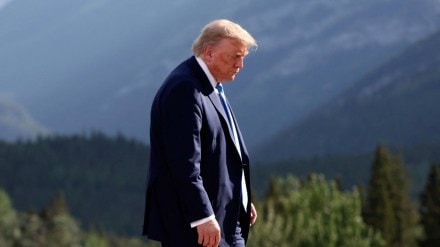The G7 Summit drew to a close this week with top leaders failing to reach a consensus on several key issues. US President Donald Trump had left the event early amid the escalating Israel-Iran conflict on Monday — leaving six of the Group of Seven leaders to shape global policy.
The remaining leaders agreed to jointly attempt to combat ‘non-market policies that could jeopardize global access to critical minerals’ and reached consensus on other issues. They also pledged to limit the downsides of artificial intelligence on jobs and the environment — while still embracing the potential of the “technological revolution.” The Summit, however, failed its rather significant task of showcasing a unified front on global concerns — with no joint statement being released on the Ukraine conflict.
The event was also overshadowed by the Israel-Iran clash and concerns about Tehran’s nuclear program. Trump had also joined the other leaders (before leaving) in issuing a statement saying Iran “can never have a nuclear weapon” and calling for a “de-escalation of hostilities in the Middle East, including a ceasefire in Gaza.” Getting unanimity — even on a short and broadly worded statement — was a modest measure of success. A senior Canadian official who briefed reporters at the summit said the US had opposed a joint statement on Ukraine amid its efforts to promote negotiations with Russia.
The official told Associated Press that it had become clear during the first day of the Summit (Monday) that there wouldn’t be a joint statement — though other attendees suggested no consensus agreement was seriously on the table. The office of Canadian Prime Minister Mark Carney had also released a briefing statement that claimed the US had asked to “water down” a joint statement in support of Ukraine. A spokesperson for the PM later retracted the claim and said “no proposed statement regarding Ukraine was distributed to other leaders.”
(With inputs from agencies)
